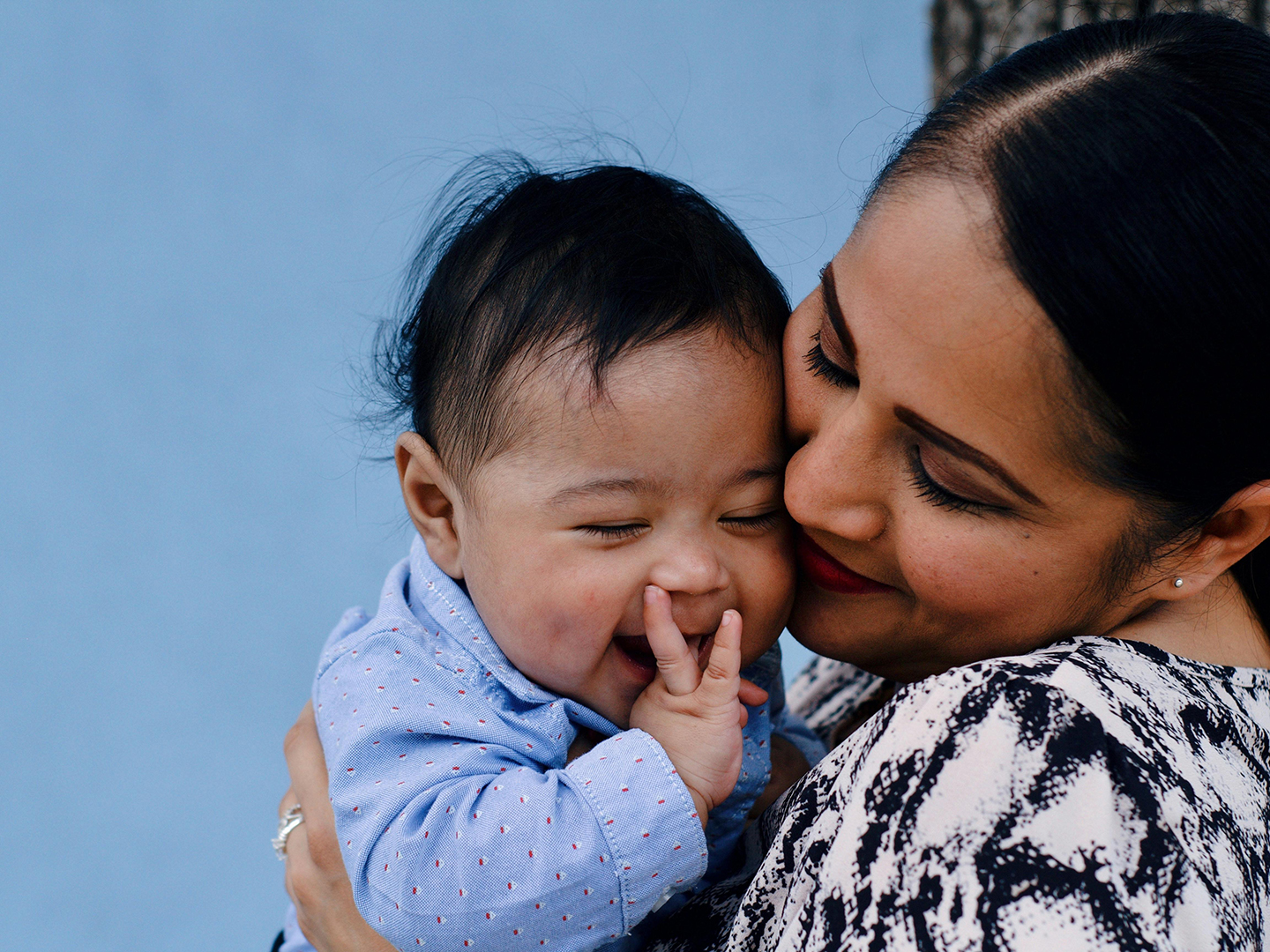Maternal health issues involve essential elements of Catholic social teaching. Trends in maternal health are bellwethers for the state of the broader medical system, often exposing how and where inequalities are most pronounced. Levels of maternal mortality expose racial, economic, geographic, and political disparities in the availability of high-quality prenatal and postpartum care.
In addition to addressing questions of health justice and the availability of care, Catholic social teaching can inform effective approaches to maternal health care and what physicians and other medical providers should consider when treating patients, especially those who are most vulnerable.
This conversation addressed these questions, exploring how Catholic principles, especially the preferential option for the poor and vulnerable, can shape both religious and secular health care systems; how community clinics and other health care providers fit into the bigger picture of maternal morbidity and mortality; and how political and medical efforts can combine to provide better and more equitable outcomes for expectant mothers and their families.
A social hour beginning at 6:00 p.m. preceded the conversation. Dinner was provided.
This in-person gathering was co-sponsored by Magis GUSOM, a student group at Georgetown University’s School of Medicine.



